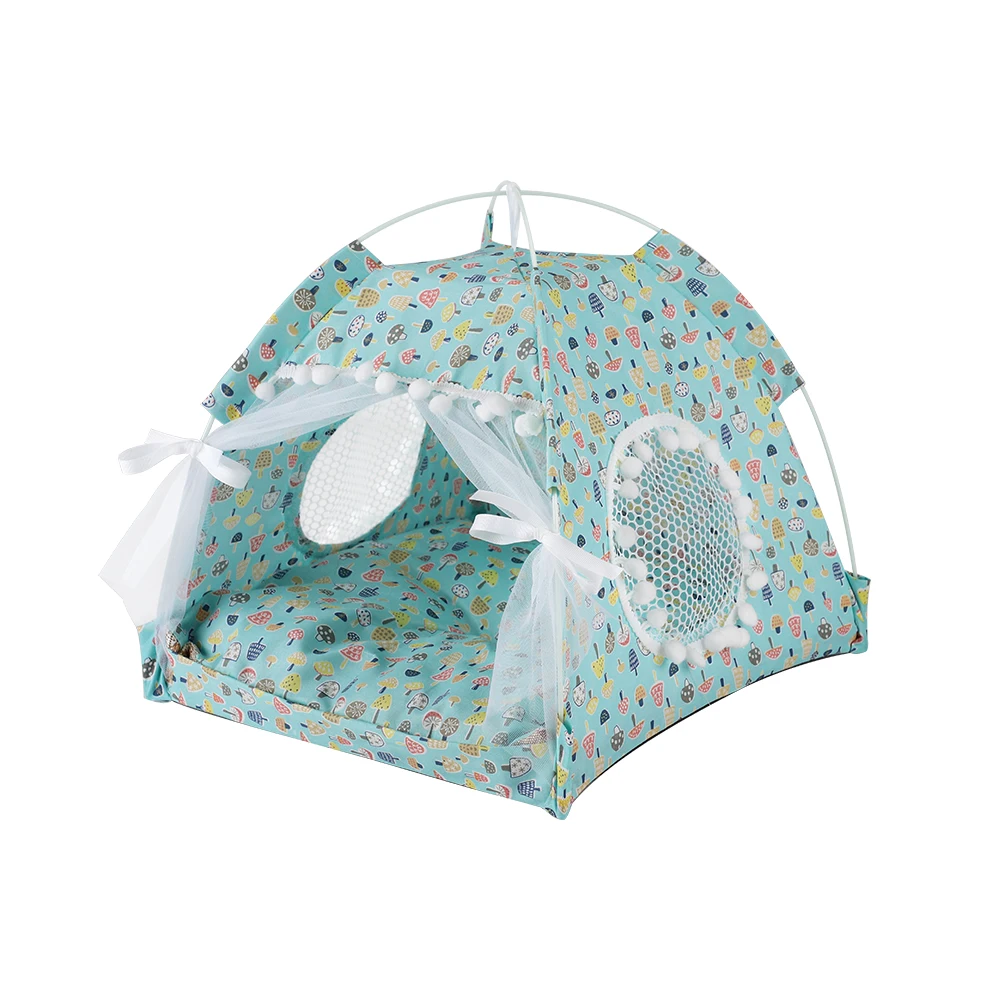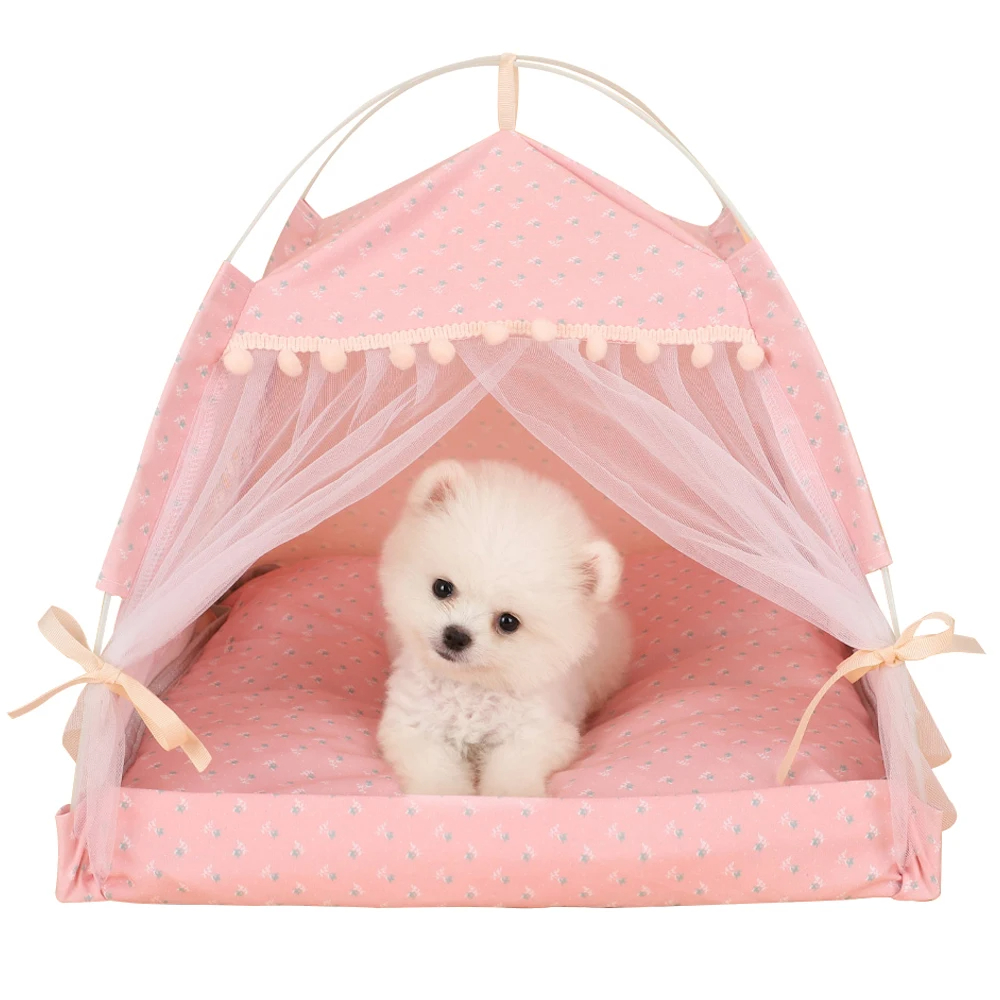Kennel cough is a common respiratory illness that affects many dogs worldwide. This disease can easily spread in environments where dogs congregate, such as kennels, dog parks, and grooming salons. How does kennel cough spread? Understanding how kennel cough spreads is essential for dog owners. It helps them take precautions to protect their furry friends from this contagious illness. In this article, we will explore the details of how kennel cough spreads, its symptoms, and ways to prevent it.

What is Kennel Cough?
Overview of the Disease
Kennel cough, also known as canine infectious tracheobronchitis, is a highly contagious respiratory disease in dogs. It is primarily caused by a combination of viral and bacterial agents. The most common virus responsible for this illness is the canine parainfluenza virus. Bordetella bronchiseptica is a bacterium that often accompanies this virus. These agents make the disease highly contagious.
Symptoms of Kennel Cough
The symptoms of kennel cough resemble those of a common cold in humans. Dogs with kennel cough often develop a persistent dry cough. They may also show signs of a runny nose and watery eyes. In some cases, dogs may experience lethargy and a loss of appetite. Although kennel cough is usually mild, it can lead to more severe respiratory issues in puppies and older dogs.
How Does Kennel Cough Spread?
Direct Contact
One primary way kennel cough spreads is through direct contact between dogs. When an infected dog coughs, sneezes, or even barks, they release tiny droplets into the air. Other dogs in close proximity can inhale these droplets, leading to infection. This explains why kennel cough is common in crowded places where dogs interact closely, such as dog parks and boarding facilities.
Indirect Contact
Kennel cough can also spread through indirect contact. The viruses and bacteria that cause kennel cough can survive on surfaces for a limited time. Contaminated objects such as toys, bowls, and bedding can serve as vectors for the disease. When a healthy dog comes into contact with these contaminated items, it can contract the illness. Thus, keeping shared spaces clean is essential in preventing the spread of kennel cough.

The Role of the Environment
Crowded Areas
Kennel cough spreads especially well in crowded areas where dogs are in close contact with one another. Places such as dog parks, kennels, training sessions, and dog shows create a high-risk environment. If one dog is infected, it can easily transmit the disease to others. Thus, dog owners should be extra cautious when taking their pets to these environments, especially if there are reports of kennel cough in the area.
Seasonality
Additionally, kennel cough often has seasonal patterns. The illness is more prevalent during the fall and winter months. This increase may relate to the colder weather, which often leads to dogs being indoors more often. In enclosed spaces, the likelihood of disease spread increases. Therefore, dog owners should remain vigilant during these times and watch for symptoms.
Signs to Look For
Early Recognition
Recognizing the early symptoms of kennel cough is crucial for effective management. A persistent cough can be the first sign. If you notice your dog coughing regularly, especially after exercising or being in a crowded area, it’s time for a vet visit. Early detection allows for quicker treatment and helps prevent the spread of the disease to other dogs.
Behavioral Changes
Besides coughing, look for behavioral changes. If your pet becomes more lethargic or appears less interested in food, take these signs seriously. These changes can indicate the onset of kennel cough. Early action can prevent complications and allow for a smoother recovery for your furry friend.
Prevention Strategies
Vaccination
One of the most effective ways to prevent kennel cough is through vaccination. Vaccines are available for both the Bordetella bacterium and the parainfluenza virus. While vaccination doesn’t guarantee complete immunity, it significantly reduces the severity of the disease and the likelihood of infection. It’s advisable to consult a veterinarian about vaccination schedules, especially if your dog frequents high-risk environments.
Hygiene Practices
Maintaining good hygiene practices is also important for preventing kennel cough. Regularly clean your dog’s living areas, toys, and feeding bowls. Use disinfectants that are safe for pets. By controlling the environment your dog spends time in, you can significantly reduce the risk of infection. Additionally, avoid taking your dog to high-traffic areas if you know there is a kennel cough outbreak in the vicinity.
Conclusion
Understanding how kennel cough spreads can help dog owners protect their pets. This highly contagious illness can quickly transmit in crowded places. The combination of direct and indirect contact contributes to the ease of transmission. By recognizing symptoms early and employing preventive measures like vaccination and hygiene practices, the spread of kennel cough can be minimized. Keeping our furry friends healthy is a top priority for all dog owners.
Afterword
In summary, kennel cough is a prevalent disease that necessitates robust preventive measures. To keep dogs safe, understanding the intricacies of how the illness spreads is critical. If you suspect your dog may have been exposed or is showing symptoms, consult your veterinarian immediately. Your prompt action can make a difference in your dog’s health and well-being.
Preventing the Spread of Kennel Cough
Preventing the spread of kennel cough involves several strategies, including vaccination, maintaining good hygiene, and managing exposure to infected dogs. Each of these measures plays a role in minimizing the risk of outbreak and protecting dogs from this illness.

Vaccination
One of the most effective ways to prevent kennel cough is through vaccination. There are vaccines available that protect against the most common pathogens responsible for kennel cough, including Bordetella bronchiseptica, canine parainfluenza virus, and canine adenovirus type 2. Vaccinating dogs, especially those that frequently interact with other dogs, can significantly reduce their risk of contracting kennel cough. It is important for dog owners to consult with their veterinarians to determine the appropriate vaccination schedule for their pets.
Maintaining Good Hygiene
Good hygiene practices are crucial in preventing the spread of kennel cough. Regular cleaning and disinfection of areas where dogs congregate can help eliminate pathogens. This includes washing bedding, cleaning floors, and disinfecting toys and water bowls. Additionally, hand hygiene is important for dog owners and caretakers. Washing hands thoroughly after handling dogs or their belongings can help prevent the transfer of pathogens.
Managing Exposure
Managing exposure to potentially infected dogs is another key strategy in preventing kennel cough. If a dog shows signs of kennel cough, it is important to keep it away from other dogs until it has recovered. This helps prevent the spread of the illness to other dogs. Additionally, avoiding high-risk areas, such as crowded dog parks or boarding facilities, during an outbreak can help reduce the likelihood of infection.
Recognizing Symptoms of Kennel Cough
Recognizing the symptoms of kennel cough is important for early diagnosis and treatment. The most common symptom is a dry, honking cough that may sound like a goose honk. Other symptoms can include a runny nose, sneezing, and mild fever. In some cases, dogs may also experience lethargy and a reduced appetite. If a dog shows these symptoms, it is important to consult a veterinarian for a proper diagnosis and treatment plan.
Symptoms to Watch For
Aside from the characteristic cough, dogs with kennel cough may exhibit other symptoms such as nasal discharge, watery eyes, and a mild fever. The cough may be more noticeable after exercise or excitement. While kennel cough is generally not severe and often resolves on its own, it can sometimes lead to more serious respiratory issues, especially in puppies, older dogs, or those with pre-existing health conditions. Therefore, it is important for dog owners to monitor their pets closely and seek veterinary care if symptoms persist or worsen.
Diagnosis and Treatment
Veterinarians diagnose kennel cough based on clinical signs, history of exposure, and sometimes additional tests such as throat swabs or chest X-rays. Treatment usually involves supportive care, such as keeping the dog comfortable and hydrated. In some cases, antibiotics or cough suppressants may be prescribed, especially if a bacterial infection is suspected. It is important to follow the veterinarian’s recommendations and ensure the dog completes the full course of any prescribed medications.
Conclusion
How does kennel cough spread? Kennel cough is a highly contagious respiratory illness that can spread rapidly among dogs, particularly in environments where they are in close contact with one another. Understanding how kennel cough spreads and implementing preventive measures, such as vaccination, good hygiene, and managing exposure, can help protect dogs from this illness. Recognizing the symptoms and seeking timely veterinary care is also crucial for managing and treating kennel cough effectively. By taking these steps, dog owners can help prevent the spread of kennel cough and keep their pets healthy and happy.
